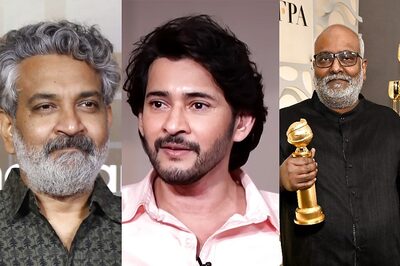
views
London: British twins who had been separated at birth learned they were related only after they had become husband and wife, a senior British lawmaker said. The marriage has been annulled.
The couple's identities have been protected for legal reasons.
Their case was first highlighted by Lord Alton of Liverpool during a discussion on donor conception in the House of Lords in December, but only came to light Friday.
The peer told the House of Lords that a court annulled the union as soon as the twins' true relationship became known.
"They were never told that they were twins," he said during the Dec. 10 debate on a law covering human fertility and embryology. They had been adopted by separate families and "met later in life and felt an inevitable attraction, and the judge had to deal with the consequences of the marriage that they entered into and all the issues of their separation."
No further details about the couple have emerged, and it is not known when the marriage took place or how long they were together before they discovered the truth.
Adoption groups said Friday the case proves the need for openness and transparency during the adoption process.
Mo O'Reilly, director of child placement for the British Association for Adoption and Fostering, said released a statement saying: "Thirty or 40 years ago it would have been more likely that twins be separated and brought up without knowledge of each other."
However, she said, greater emphasis in recent years on ensuring adopted siblings stay in touch meant this "traumatic" case will remain "incredibly rare."
Daisy O'Clee, a spokeswoman for the agency, said that of more current concern is the lack of legislation surrounding fertility treatment.
Under British law the parents of a donor-conceived child do not have to declare that fact on the child's birth certificate, O'Clee told CNN. This means a child conceived with a donor sperm or egg may never know their true origin.
Lawmakers will vote Tuesday on whether to pass a law covering human fertility and embryology that would relax the rules on who can have fertility treatment.
O'Clee warned that in its present form the proposal does little to address the rights of donor-conceived children.
"The rights of donor children are being ignored," she said.


















Comments
0 comment